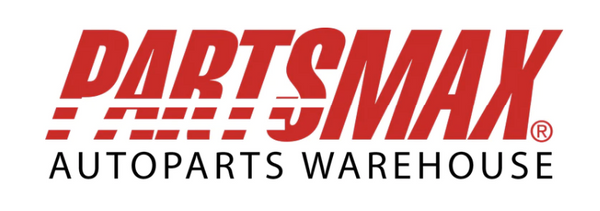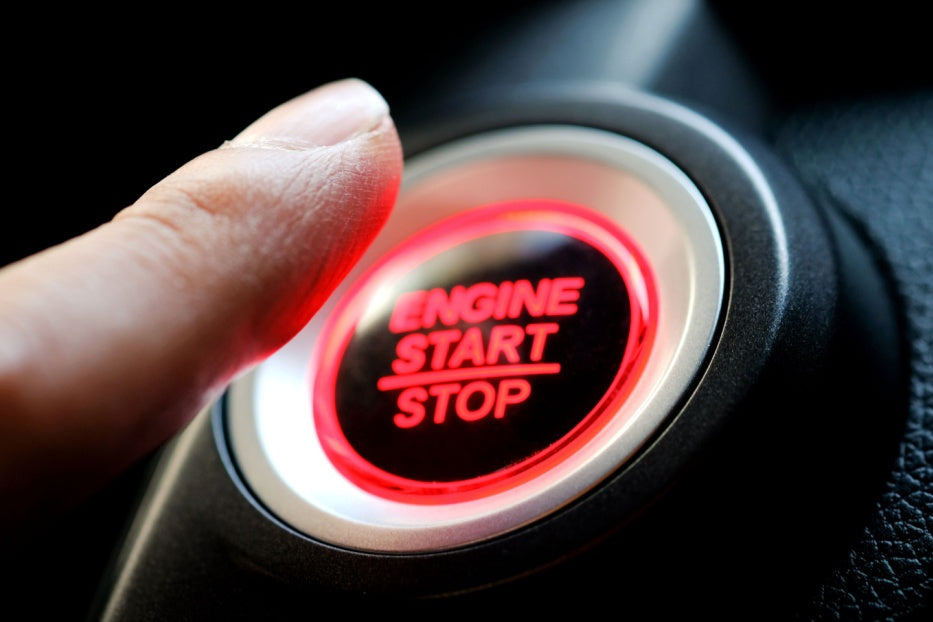Are you experiencing issues with your vehicle's starting system? Learning to recognize the 7 warning signs your push-to-start system is failing could save you from being stranded at the worst possible moment. Modern keyless ignition systems, while convenient, can present unique challenges when they begin to malfunction. Understanding these critical warning signs will help you address problems before they escalate into costly repairs or complete system failure.
Understanding Push-to-Start Technology
Before diving into the warning signs, it's essential to understand how push-button start systems work. Unlike traditional key ignition systems, push-to-start technology relies on a complex network of electronic components, including:
- Key fob transponders that communicate with your vehicle
- Start button modules and associated wiring
- Electronic control units (ECUs)
- Multiple sensors throughout the system
- Advanced security protocols
When any of these components begin to fail, your vehicle will typically display several telltale symptoms before complete system failure occurs.
Warning Sign #1: Intermittent Starting Issues
One of the earliest and most common indicators of push-button start problems is inconsistent system behavior. Your vehicle might start perfectly fine one moment but require multiple button presses the next. This inconsistency often points to underlying electrical issues or failing components.
Common Causes of Intermittent Starting:
- Weak key fob battery
- Corroded or loose electrical connections
- Failing start button module
- Degraded system sensors
- Software glitches in the vehicle's computer system
Warning Sign #2: Unusual Clicking Sounds
When you press the start button and hear clicking sounds instead of your engine turning over, it's time to pay attention. While clicking sounds can sometimes indicate a simple battery issue, in push-to-start systems, they might signal more complex problems.
Multiple rapid clicks or a single loud click when pressing the start button could indicate:
- Starter motor problems
- Relay malfunction
- Electrical system issues
- Weak or failing battery
- Connection problems between components
Warning Sign #3: Dashboard Warning Lights
Modern vehicles are equipped with sophisticated diagnostic systems that can detect push-to-start problems before they become severe. Pay special attention to these warning indicators:
Critical Warning Lights to Monitor:
- Key fob detection warnings
- Security system alerts
- Battery system warnings
- Check engine light
- Immobilizer system warnings

Warning Sign #4: Delayed Response Time
A properly functioning push-to-start system should respond immediately when activated. If you notice increasing delays between pressing the button and engine engagement, your system likely requires attention.
These delays often indicate:
- Degrading electrical connections
- Failing sensors or modules
- Computer system issues
- Battery-related problems
- Key fob signal interference
Warning Sign #5: Key Fob Detection Problems
Your vehicle's ability to detect and authenticate your key fob is crucial for push-to-start systems to function correctly. When this communication begins to fail, you might experience:
Common Key Fob Issues:
- Inconsistent vehicle recognition
- Need to hold the key fob closer to the start button
- Multiple attempts required for vehicle access
- Error messages on your dashboard
- Complete failure to detect the key fob
Warning Sign #6: Electrical System Fluctuations
Push-to-start systems rely heavily on your vehicle's electrical system. Any fluctuations can indicate impending failure. Pay attention to these symptoms:
When starting your vehicle, watch for:
- Dimming headlights or interior lights
- Fluctuating dashboard displays
- Intermittent electrical accessory function
- Radio or navigation system resets
- Power windows operating slowly
Warning Sign #7: Strange Engine Behavior During Start-Up
The final warning sign involves unusual engine behavior during the starting process. These symptoms might appear subtle at first but can quickly escalate into serious problems.
Watch Out For:
- Rough or unstable idling immediately after starting
- Engine hesitation during start-up
- Multiple cranking attempts before successful starts
- Stalling shortly after starting
- Unusual engine sounds during the starting process
Preventative Maintenance Tips
To avoid experiencing the 7 warning signs your push-to-start system is failing, consider these preventative maintenance steps:
- Regular System Diagnostics
- Schedule annual electronic system checks
- Keep software updates current
- Monitor battery health
- Test key fob functionality regularly
- Professional Inspections
- Have electrical connections checked periodically
- Ensure proper battery maintenance
- Update system software when available
- Clean electrical contacts as needed
When to Seek Professional Help
Don't wait until you're stranded to address these warning signs. If you notice any of these symptoms, it's crucial to have your vehicle inspected by qualified professionals who understand modern automotive electronic systems.
Professional diagnosis can:
- Identify specific failing components
- Prevent more extensive system damage
- Save money on future repairs
- Ensure your safety and reliability
- Maintain your vehicle's value
Conclusion
Understanding and recognizing the 7 warning signs your push-to-start system is failing is crucial for modern vehicle owners. By staying alert to these symptoms and addressing them promptly, you can avoid costly repairs and inconvenient breakdowns. Remember, your vehicle's starting system is complex and requires professional attention when problems arise.
Need Expert Help with Your Push-to-Start System?
View our inventory of Aftermarket Auto Parts
Trust Miami's leading aftermarket auto parts experts to keep your vehicle running reliably. Stop by our shop or call us today to discuss your vehicle's needs.

